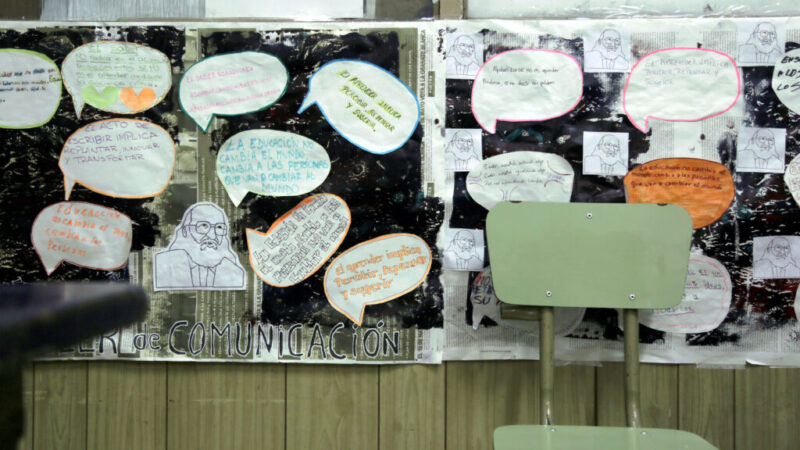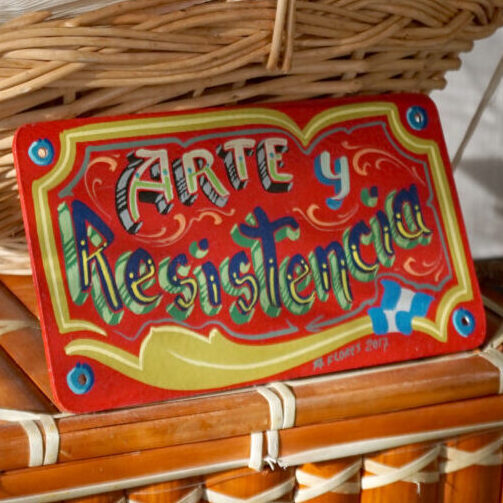
From a University to the Pluriversity of the Arts
Van een University of the arts naar een Pluriversity of the Arts
What does the art school of the future look like? How does it smell, sound and taste? Which values are central to it and how do they take shape? What if you could dream freely?
The present confronts us with major interpersonal, societal, political and climatic issues. Changes are needed to leave a safe, fair and livable world for future generations. The arts are more important than ever. When we look at the world around us from an artistic, creative perspective, we learn to see where the pain and the beauty lie, where the opportunity is, and where we can think again. But are the educational institutions in which artists and art educators are trained still suitable for the new systems, questions and relationships that we need to be prepared for the future?
Els Cornelis and Catelijne de Muijnck spoke to a number of students, teachers, scientists, thinkers and makers about what the Art School of the Future could look like. The interviews cover a variety of topics, from social justice, decolonized curricula and inclusive pedagogy to manners, methodologies, values, power structures and the school building.
From the beginning of January, APRIA will publish a weekly interview. The interviewees are a diverse and talented bunch with unique and valuable perspectives: Camille Barton, Jeanne van Heeswijk, Daniela Fais, Louwrien Wijers, Pascal Gielen, Sophie Krier, Annette Krauss, Willem van Weelden, Jack Bardwell, Michelle Teran and Pascale Gatzen.
Deze bundel is een initiatief van ArtEZ Studium Generale.
Interviews en redactie door: Els Cornelis en Catelijne de Muijnck
Medewerkers: Barbara Collé, Demi van Kuijk, Marina Sasseron, Karlijn Oussoren, Manon Plomp en Milo Vermeire
Vertalers: Arjen Mulder en Maaike Post
Grafisch ontwerp: Corine van der Wal

Michelle Teran (born in Canada) is an educator, artist, and researcher. As practice-oriented Research Professor of Social Practices at Willem de Kooning Academy (WdKA) / Piet Zwart Institute (PZI), she is, among other things, developing the research profile connected to the Social Practices study programme for the Research Centre WdKA. Her research areas encompass socially engaged and site-specific art, counter-cartographies, social movements, feminist and critical pedagogy. Together with Marc Herbst, she is co-editor of Everything Gardens! Growing from Ruins of Modernity, one of a three-part publication (ADOCS and nGbK publishers) on how the global ecological crisis and its social repercussions raise questions regarding new forms of education.
Through the Neighborhood Academy (NAK) collective learning project, she was engaged in eco-social learning practices around the Prinzessinnengarten (Berlin). She is part of the editorial collective for Situationer Workbook/Situationer Cookbook, A Transformative Pedagogy Reader (Research Center WdKA and Publication Studio Rotterdam publishers) that brings together experimental practices of learning otherwise. She initiated the Promiscuous Care Study Group, an interdepartmental research group (WdKA/PZI) on caring infrastructures and promiscuous care. The group gathers under the aegis of study which encompasses the research and learning and sharing undertaken outside of the formal educational frameworks within which they work. The forthcoming publication Promiscuous Infrastructures (forthcoming) makes public this collective research.
